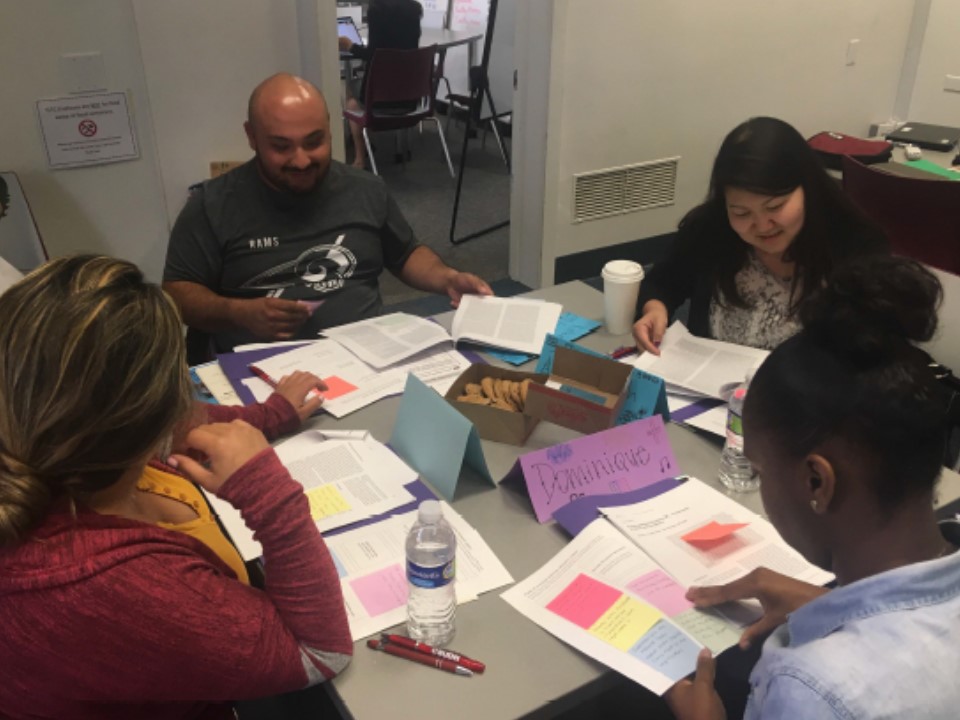Promoting educational equity among health science students through a project-based learning writing course at a Hispanic Serving Institution A co-curricular, project-based course uses high-impact practices to teach public health writing skills to students from underserved minority populations. Findings suggest both improved student performance and practice scaffolding the academic help-seeking behaviors that support graduation.
Main Article Content
Abstract
Background: Overall, high rates of American high school seniors lack writing proficiency (75%) and historically underrepresented minority (URM) populations fare even worse (91% of African American, 89% of Latinx) (U.S. Dept of Education, 2011), which suggests that URM college students enter college with lower writing abilities (Bracco et al., 2021). Co-curricular writing instruction could help eliminate writing skill disparities. The Health Science Intensive Writing Workshop (HSIWW) aimed to increase students’ perceived confidence in their writing abilities, encourage and increase academic help-seeking behaviors and networking skills.
Description of Practice: A project-based learning methodology proved the best fit because of its focus on real-world problems and assessments, and emphasis on collaboration and revisions of personal work.
Outcomes: Eight upper-division health science undergraduate students participated in the 5-day HSIWW. Descriptive statistics indicated increases in perceived ability, confidence in writing abilities, and academic help-seeking behaviors.
Conclusion: To the study team’s knowledge, the HSIWW was unique as a co-curricular, project-based course that used high-impact practices to teach public health writing skills to URM students in higher education. HSIWW’s findings suggest a positive impact on student achievement by improving student performance and scaffolding the academic help-seeking behaviors that help keep students on the path to graduation.

